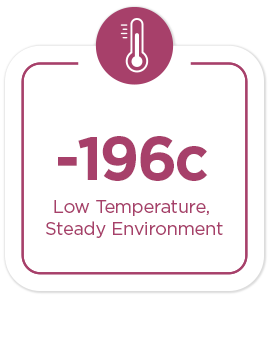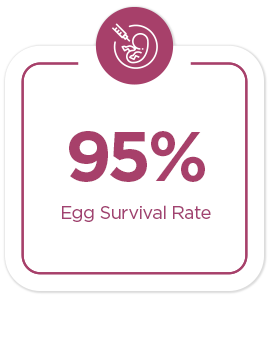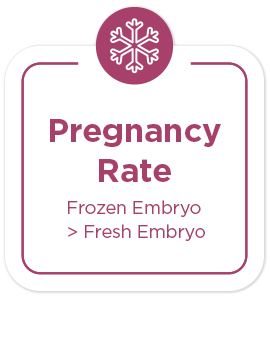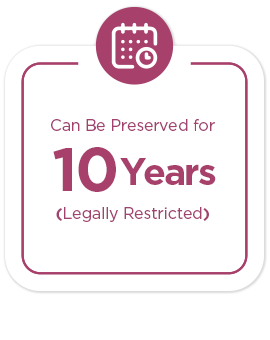Egg Freezing
Approximately 400-500 eggs are expelled in a woman’s life. Ages between 23-29 produce eggs with the best quality, and this is called the golden reproductive period.
How many eggs need to be freezed?
It’s age related, we suggest 10 eggs for age <35, 15 between 35-38, 20 between 39-40, for over 40, freeze as much eggs as you can get.
At What Age Is Appropriate For Egg Freezing?
Clinical data revealed that woman who’s egg is frozen before age 35, have higher pregnancy rate when she thaw her egg later. Eggs frozen at over 38 years old, have poor eggs quality, so will have poor pregnancy rate after thawing. So we suggest eggs should be frozen before age 35.
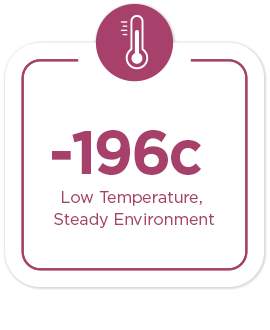
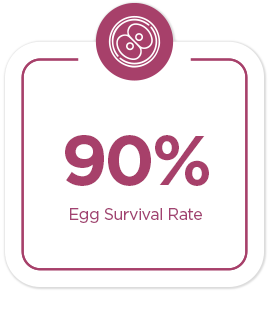
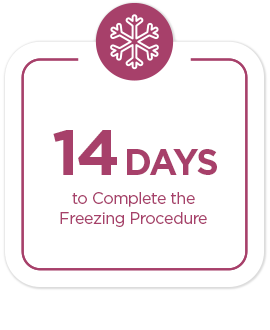
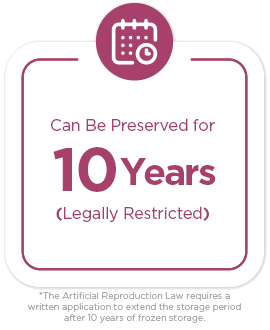
Who Needs Egg Freezing?
Sperm Freezing
Sperm quality is slightly affected by age Freezing procedure is easier to perform than egg freezing.
How many samples is needed for freezing?
Two samples or more is suggested, can be used either for IUI or IVF after thawing.
What is the sperm survival after thawing?
Sperm survival rate is about 60% of the initial motility rate. Indeed, even as low as one single sperm surviving from thawing, ICSI can help to achieve pregnancy.
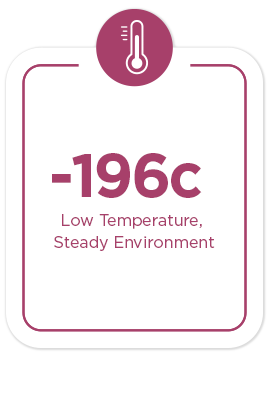
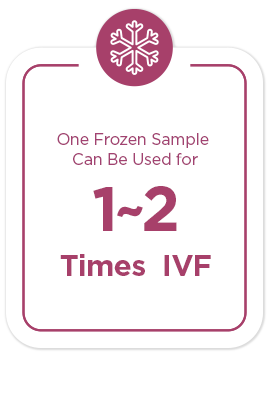
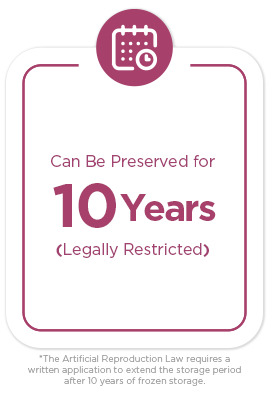
Who Needs Sperm Freezing?
Embryo Freezing
The current IVF technology suggests that frozen embryos be implanted in an appropriate cycle.
Does embryo freezing affect the embryo quality?
Embryos are stored stably in -196 ℃ liquid nitrogen, and the storage time will not affect embryo quality. The development and physical health of babies born through frozen embryos will not be affected.
Frozen or fresh embryo? Which is appropriate for replacement?
Controlled ovarian stimulation increases the risk of OHSS. And because of the much higher than usual serum level of estradiol, this may have influence on embryo implantation. So we suggest to freeze all the available embryos and implant the thawed embryo after the uterus recuperates and repairs to improve implantation rate.
